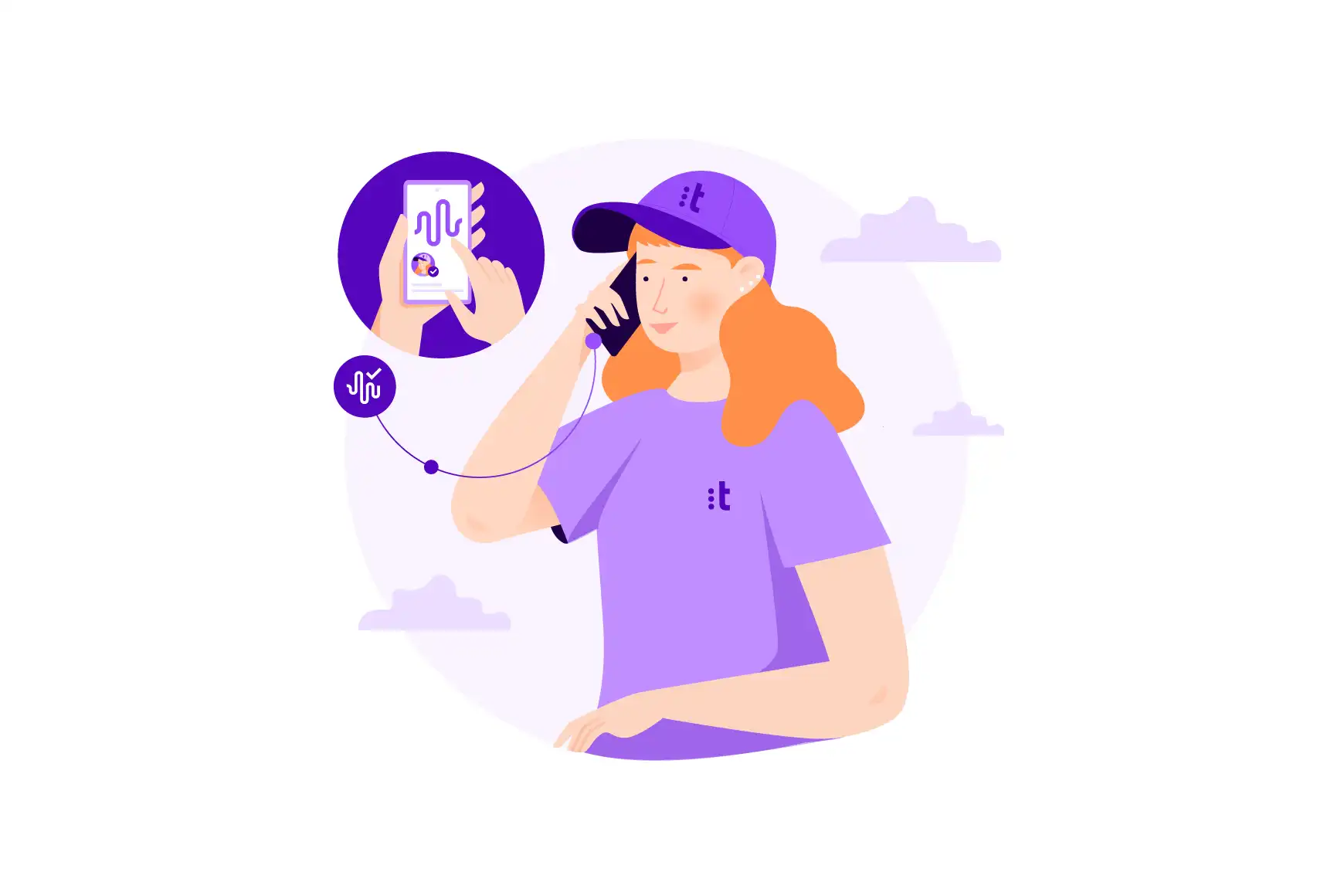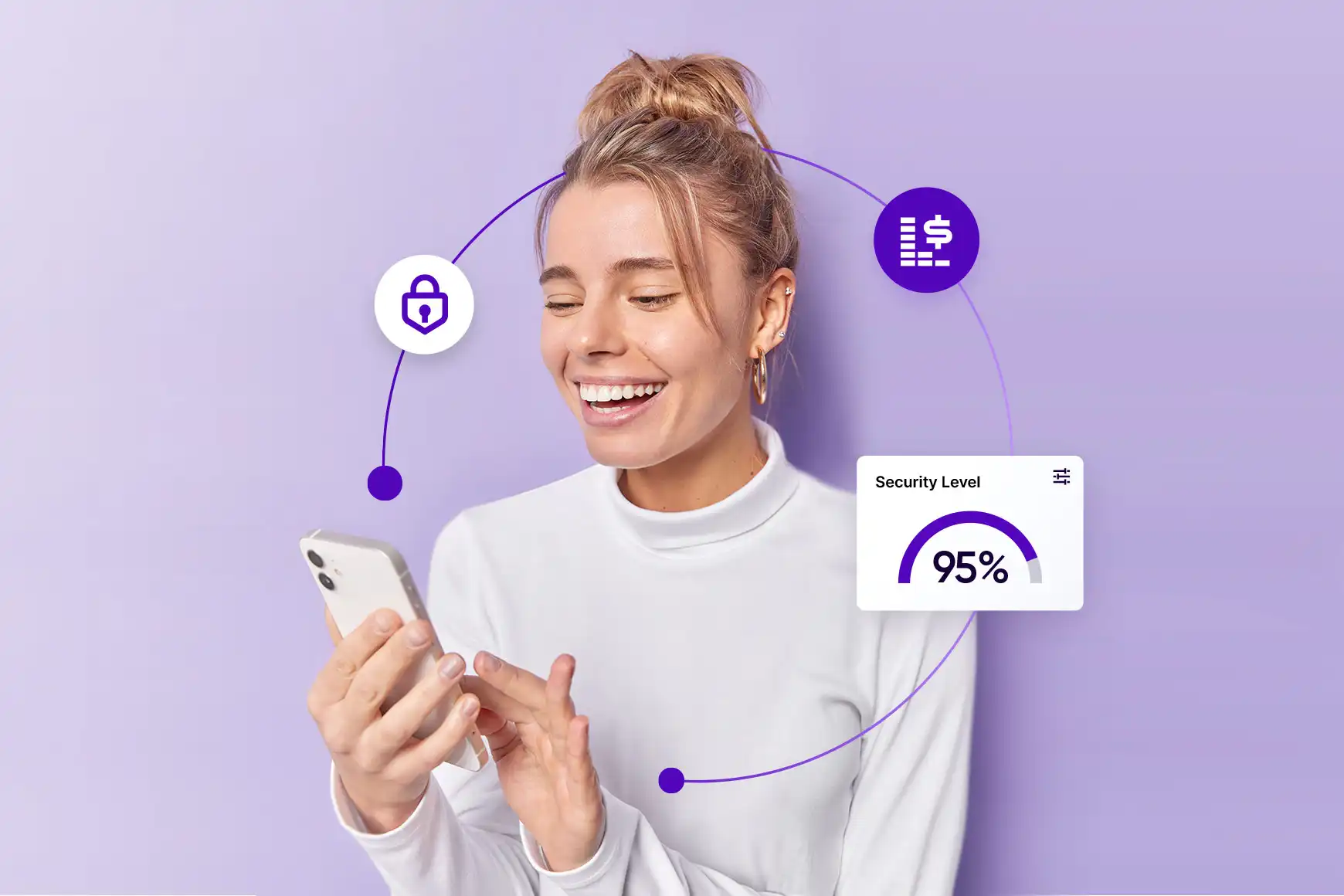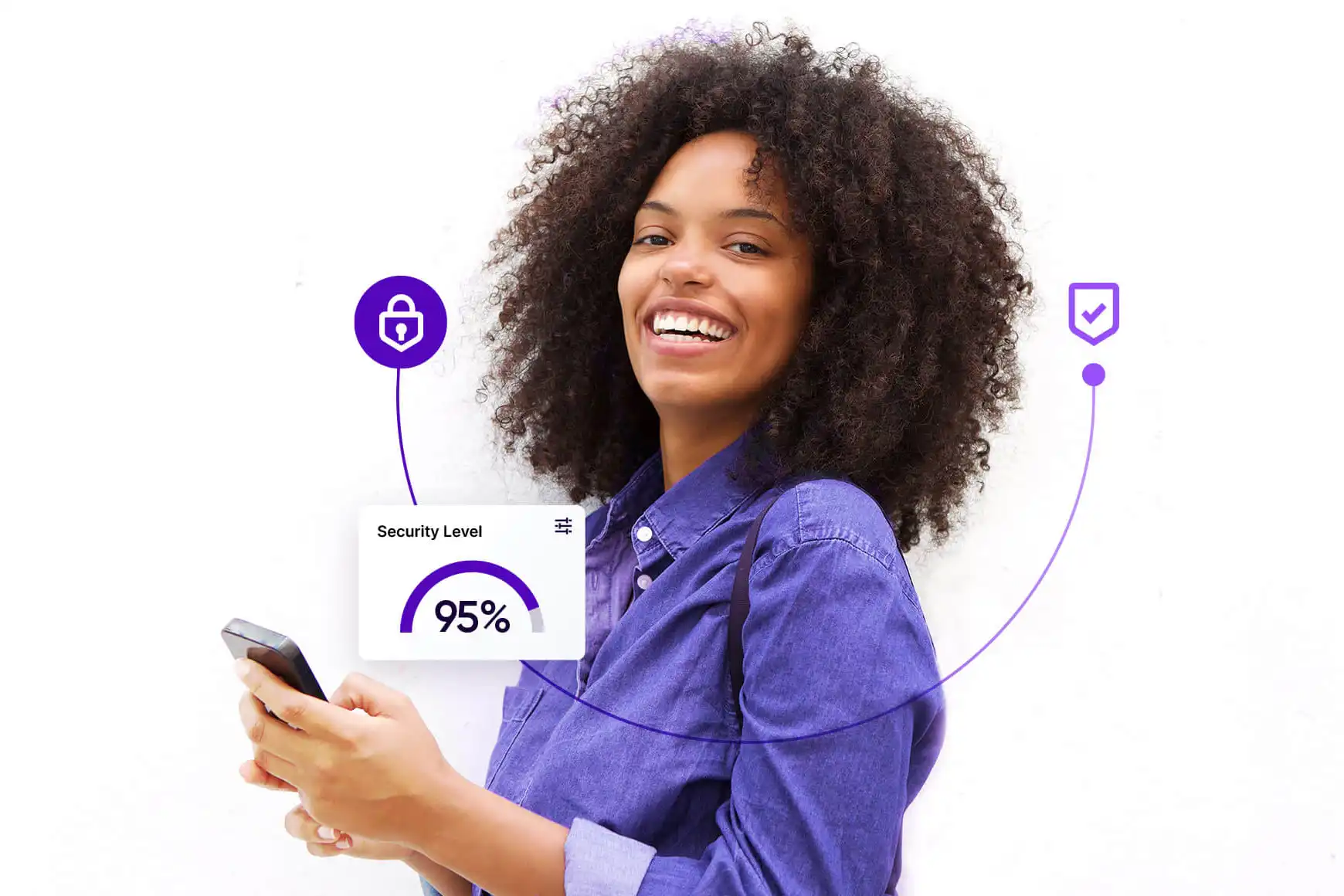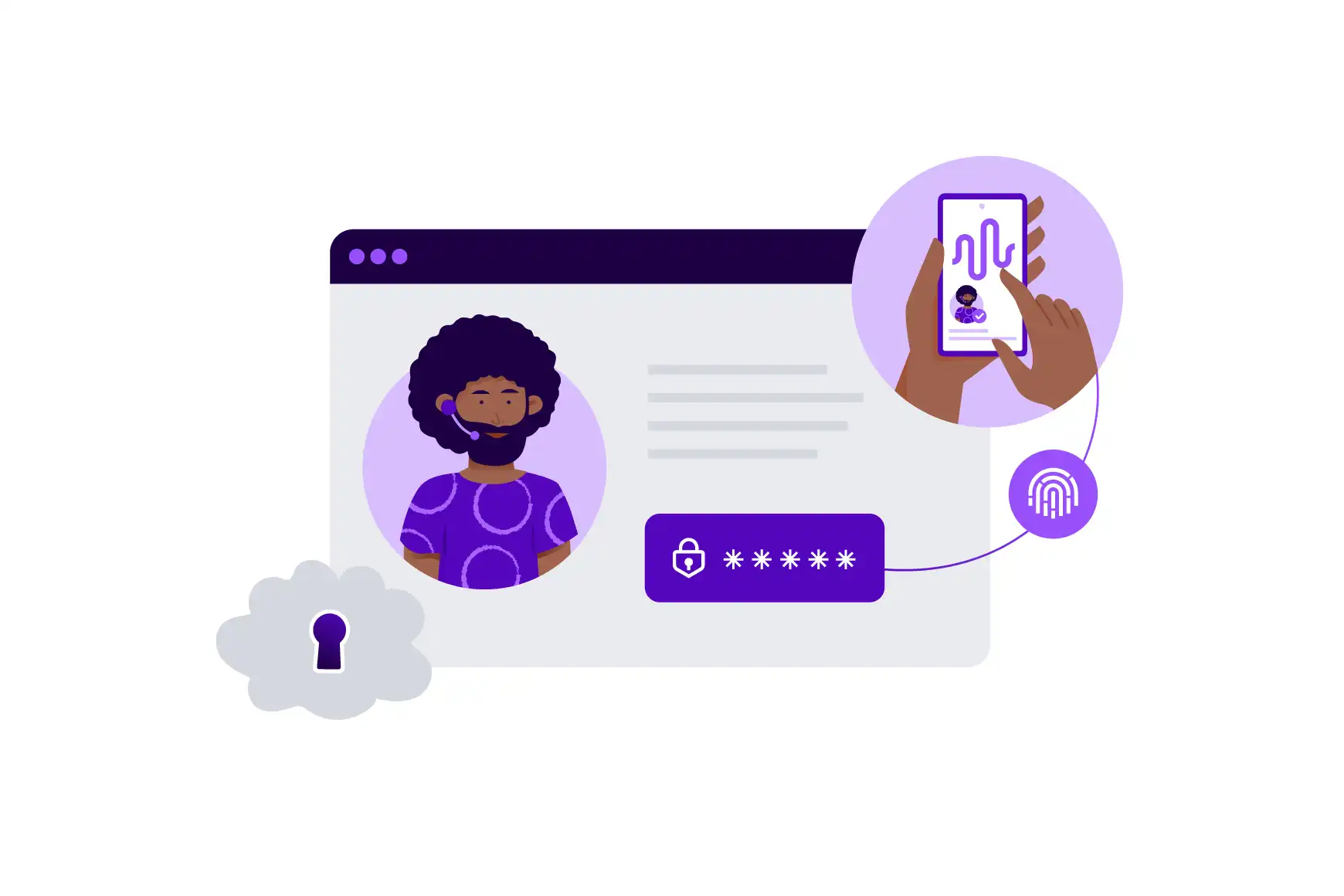Is social engineering damaging your contact center?

By João Safara
0 min read

Due to the pandemic, 2020 has been the year where many organizations have transitioned to a work-from-home (WFH) model to ensure employee safety. In addition, businesses worldwide have experienced drastic fluctuations in customer demand, as COVID-19 brought uncertainty to a lot of industries. In some cases, organizations saw themselves dealing with more calls while transitioning to a WFH practice.
This rise of at-home agents, coupled with an increase in new contact center agents, has raised concerns over information security. Some agents working from home are using personal, unsecured networks and new agents may not be aware of security procedures. As a result, the severity of data breaches worries businesses more than ever.
According to research by La Salle University in Pennsylvania, in 2013 the average call center had one fraud call for every 2,900 calls received. Fast forward to 2017, the rate of fraud calls received increased 45% to one in every 2,000 calls. CCW further supports these findings, reporting contact center fraud grows annually by 17%.
51% of financial services companies have identified the call center as the target vector of choice for account takeover attacks due to the common authentication practice of using personal information. This is primarily due to the contact center space using account authentication based on personal information. By their nature, contact centers aim at keeping the customer engaged and satisfied at all times, which sometimes can cause dangerous breaches along the way.
A fast-growing threat is social engineering, broadly defined as the use of tools and strategies in an attempt to manage social change and regulate societal behavior. Hackers worldwide use social engineering skills as an extremely effective way to compromise internal systems and proprietary information assets.
The usage of social skills such as manipulation, deception and influence can persuade employees to disclose information or perform actions that would compromise an organization’s information systems. Social engineering can be done in person, over the phone or online and is a major threat to the security of an organization.
There are numerous factors that social engineers rely on. The use of distractive sounds in the background of a call, such as the sound of a baby crying, can create sympathy and empathy. The extensive use of frustration techniques, such as mumbling sounds or asking repetitive questions, is also a tricky way to exhaust customer support agents and make them reveal sensitive information.
How to combat threats to data security
A combination of proactive strategy and the right tools can help you fight the enemy. Talkdesk® Guardian™, for example, offers a complete security suite to manage privacy and compliance in your contact center. Product features such as security dashboards, analytics for security threats and a centralized view of all potential dangers, based on activities that fall outside of expected patterns, can strengthen security in the contact center.
Our upcoming webinar aims to show how Guardian can help companies protect themselves from insider threats like data leakage, improper data access and misuse of company assets. Further explanation will be given on how to ensure your remote or traditional contact center is aligned with an enterprise security posture. Join below!

Join our webinar
Combating Insider Security Threats in Your Contact Center
Tuesday, September 29, 2020, 10am PDT | 1pm EDT | 5pm GMT







